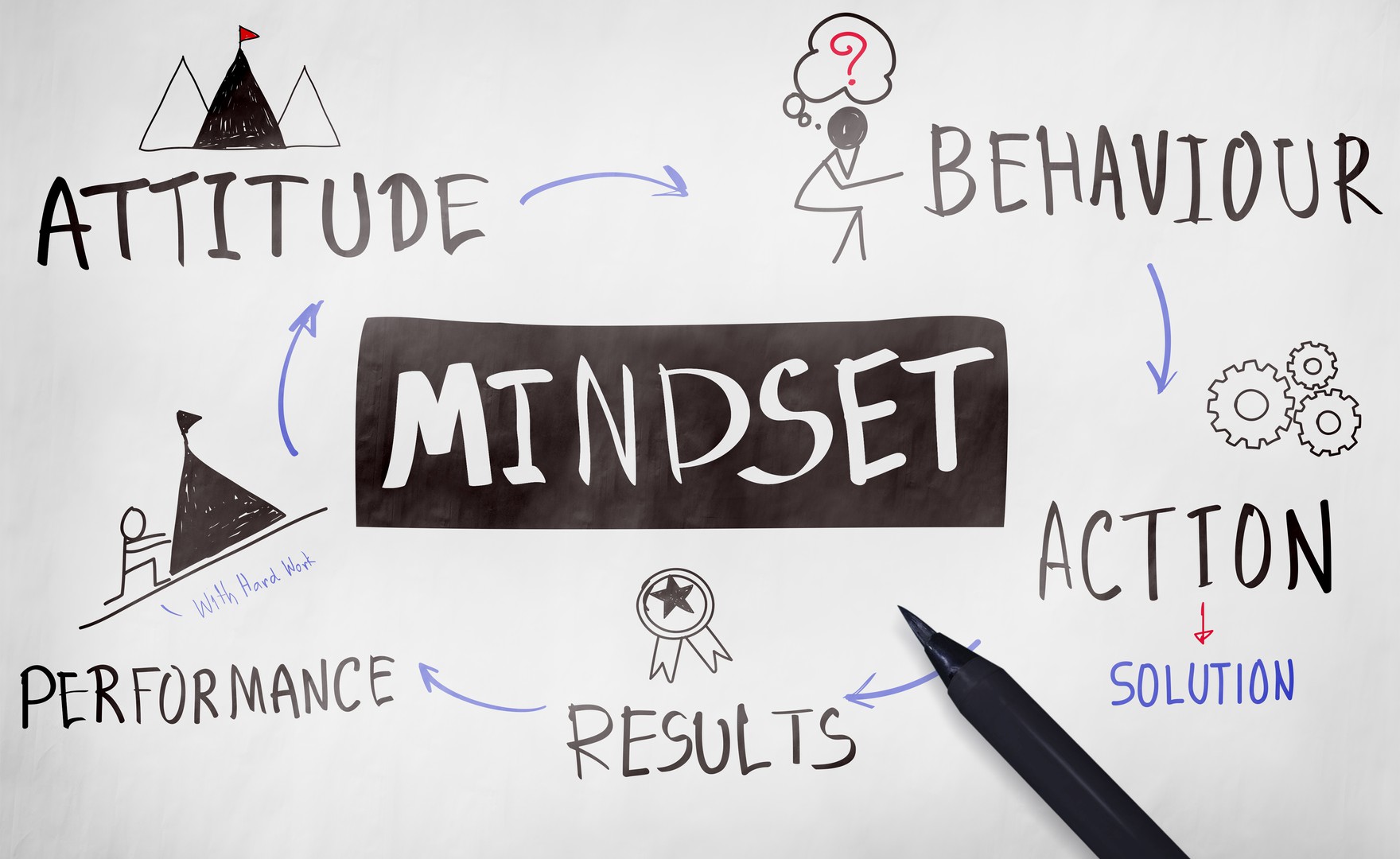Article
How to maximise the business impact of coaching in your workplace
17th June 2025 by Lee Robertson
Coaching has firmly established itself as one of the most effective ways to unlock human potential at work. But simply…

I was working with a group of senior academics some time ago, training them in coaching skills. As senior academics they carried people management responsibilities. It always interests me how the coaching mindset is very different from the traditional management mindset. And it fascinates me how this realisation, this learning, comes in different ways for different people. We had several lightbulb moments during the training!
Keep reinforcing that the goal of the coaching session is not the goal for the problem to be solved (e.g. ‘I want to spend less time at work’), rather, the goal is ‘what do I want to get out of this coaching conversation?’ (e.g. ‘I want to understand why I spend so much time at work, so that I can start to identify ways in which I could reduce this.’) This is sometimes a subtle differentiation, other times not so much. But it’s always important. Also, have the coaches write down the goal and articulate it back to the coachee.
Help line-manager-coaches understand that even though they are managerially accountable for the performance and behaviour of the person they are coaching, when they choose to undertake facilitative coaching, they need to become disciplined in standing back from ‘the problem’, and ask open, facilitative questions. Easier said than done, as Julie Starr describes so well in her book Brilliant Coaching.
One way to help the managers stand back from ‘the problem’ is to help them visualise (with stick figure drawings!) that they are not coaching ‘the problem’, they are coaching the person, in relation to their problem. Reminding ourselves that academics tend to be pretty smart people helped with this one. In other words, with a bit of facilitation, they can easily solve their own problem, and solve it pretty competently actually!
‘Don’t research the data’ (Jenny Rogers); you’re not investigating the problem, gathering all the facts about the scenario, covering all the bases. Your job is not to gain a full understanding of the detail. Your job is to facilitate the person in thinking through their problem, in a different way to how they’ve thought about it so far.
And all of this is said with the acknowledgement, that there are many situations when a line-manager-coach needs to be more directive. Because he or she is managerially accountable for the performance and behaviour of those they line manage. When constructive feedback needs to be given, when the member of staff is unaware of certain information, of course, the line-manager-coach steps in to challenge behaviour, challenge performance, assert what needs to happen, provide the missing information. In a respectful, suitably assertive way. With the aim that the individual leaves the meeting knowing what they need to do and feeling motivated to do that.
The skill, and the art, for line managers, is learning how to do both. Be truly facilitative and non-directive in coaching, as well as be able to switch to the opposite end of the continuum and be clear and direct. Not easy! But possible.
A massive thanks to Wendy for sharing her blog. Wendy Robinson is an accredited executive coach, and an accredited coaching supervisor. She heads up AoEC Ireland and Northern Ireland.
Article
17th June 2025 by Lee Robertson
Coaching has firmly established itself as one of the most effective ways to unlock human potential at work. But simply…
Article
17th June 2025 by Lee Robertson
As the demand for coaching grows, so too does the variety of formats it’s delivered in. One-to-one coaching is now…
Article
17th June 2025 by Lee Robertson
The world of work is shifting faster than ever. Job roles evolve, industries transform and career paths zigzag rather than…